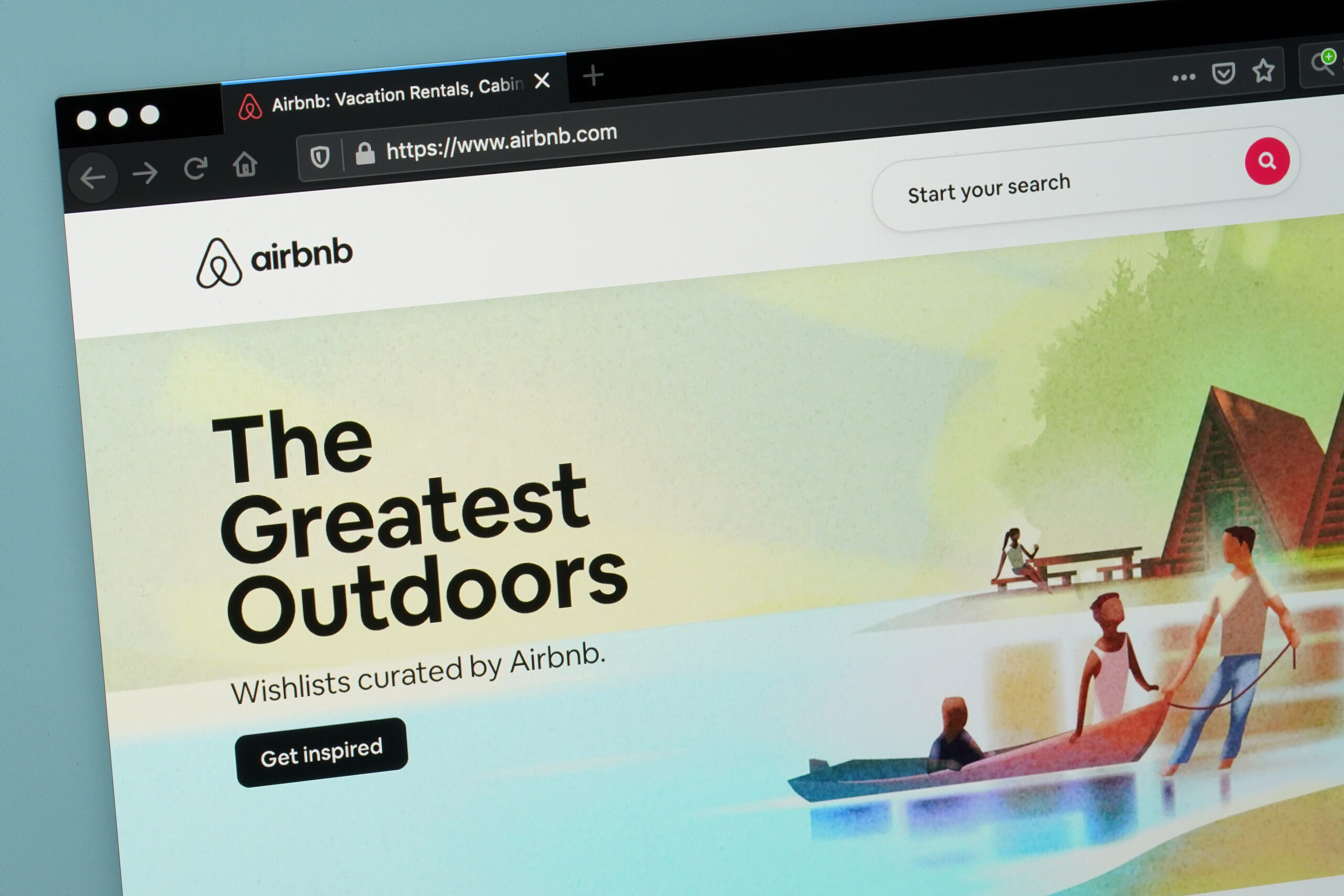Airbnb aims to convince more people to rent their homes
Convinced that the leisure travel boom is permanent, Airbnb aims to expand its offer by convincing more people to transform their accommodation into short-term rentals.
The company said Wednesday it would increase the amount of liability coverage for hosts, up to $3 million, in a play for owners of nicer homes in expensive places like California. It will also pair newbies with a “superhost” to guide them through the process of becoming a short-term owner, from signing up to welcoming their first guest.
More listings don’t seem to be Airbnb’s biggest challenge.
CEO Brian Chesky said the San Francisco company is taking steps to make pricing more transparent when consumers browse Airbnb listings, and he predicts it will reduce the exorbitant cleaning fees many hosts charge well into the process. booking – a major consumer complaint.
The company also continues to try to quell large parties in rentals, some of which have turned violent. And it faces efforts to tighten regulations on short-term rentals.
Through it all, Airbnb has fared better than most travel companies during the pandemic. This month, it reported record third-quarter earnings of $1.21 billion. Its stock fell, however, as earnings and bookings were below Wall Street expectations and the company gave a cautious outlook for the fourth quarter.
Investors worry that consumers paying more for food, gas and shelter — and in the face of recession forecasts — will cut back on discretionary spending like travel, which will hurt Airbnb.
Some current hosts fear this is already happening. Last month, a post on a Facebook page for Airbnb “superhosts” asked, “Has anyone seen a huge drop in bookings in the last 3-4 months? We’ve gone from at least minus 50% occupancy to literally 0% in the past two months.”
Other hosts on social media have suggested theories ranging from a fragile economy to pent-up travel demand that is eventually drying up, and some think the problem could be that Airbnb already has too many listings.
AirDNA, which tracks the number of short-term rentals, said Airbnb listed nearly 1.4 million rentals in the United States in September, a jump of 23% from a year earlier and 9 % compared to 2019. Nearly two-thirds have been added since 2020. The trends are similar for global lists.
Chesky said in an interview that Airbnb now has enough hosts — he didn’t say he has too many — but he needs more because leisure travel will continue to grow. And, he said, a recession could push more people to turn their homes into Airbnbs. After all, he likes to point out, Airbnb was launched during the Great Recession of 2008.
“People are cutting spending in tons of areas, but not travel,” he said. “And with a recession looming, it felt like more people than ever would want to make some extra money.”
Potential hosts are sometimes hesitant, Chesky said, because they’re not comfortable having strangers in their home. The company’s response is to triple the amount of cover for hosts — from $1 million to $3 million — against damage, including to vehicles, boats and a wider range of works of art. art on the property.
Chesky is betting it will persuade more owners of beautiful homes to list them on Airbnb.
“Exactly, and home values have gone up since we wrote the million-dollar plan,” he said. “We just noticed that over 20% of homes on Airbnb, and possibly even more than that, were over the $1 million limit in value.”
The company said it is also launching a system to verify guest identities and flag potential parties, immediately in the United States and Canada and globally by next spring. Chesky said the system was “not a silver bullet,” and he didn’t provide many details, but said that in the United States it will include criminal record and sex offender checks.
In the meantime, the company is working on a plan to display the all-inclusive price of a stay upfront on its app and website — an amount that would include cleaning fees, which can be very high and only appear later in the booking process. .
Chesky said he doesn’t want to ban or cap cleaning fees — that’s a decision for hosts, he said. But including the fee in the initial price — and in the order in which search results are displayed — “will correct the market,” he said.
Photo: Airbnb is looking for more people to turn their homes into short-term rentals. The company is rolling out a simpler sign-up process, with online help from a “superhost.” (AP Photo/Patrick Semansky, File)
Copyright 2022 Associated Press. All rights reserved. This material may not be published, broadcast, rewritten or redistributed.
Interested in sharing economy?
Receive automatic alerts for this topic.


Comments are closed.